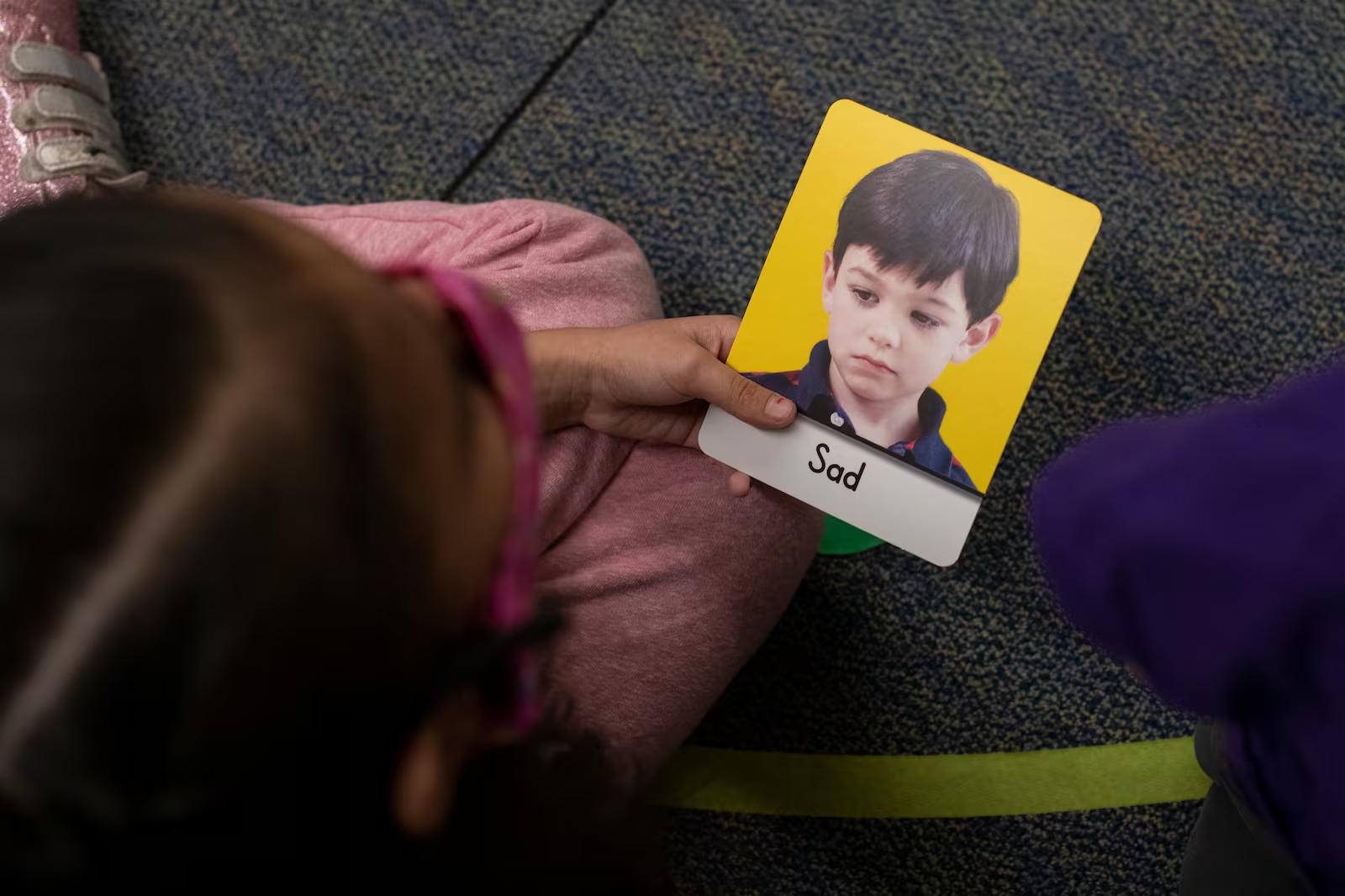
This story was originally published by Chalkbeat. Sign up for their newsletters at ckbe.at/newsletters.
By Ann Schimke, Chalkbeat
In late winter, Jeff Bridges got word that state-funded therapy for his 1-year-old son, who was born prematurely, would be slashed by half starting in July.
Bridges was upset. But he had a better reason than most parents to be caught off guard.
That’s because the Democratic state lawmaker is the head of a powerful legislative committee that makes key decisions about state spending. Members of that committee had repeatedly promised to protect funding for Colorado’s $87 million Early Intervention program. The program provides therapy and related services to babies and toddlers with developmental delays — including Bridges’ son.
Bridges shared the story in a recent Joint Budget Committee hearing where he and other members, both Democrats and Republicans, slammed the Colorado Department of Early Childhood, which administers the program, for poor communication and planning.
“This is one of those places where, if we could punish the department without hurting kids, man oh man, would I be on board with that,” he said.
The committee members’ sharp words that March day raised questions about the early childhood department’s leadership and capacity, with lawmakers expressing concern that the state’s youngest and most vulnerable residents could suffer because of internal problems at the department.
For now, no significant cuts to Early Intervention are planned, either this spring or for the new fiscal year, which starts in July. That’s sure to be a relief to the tens of thousands of Colorado families whose children get free therapies through the program. In addition, Joint Budget Committee members have demanded better communication from the department, and department officials have signaled they’ll comply.
Officials from the Department of Early Childhood, which was created in 2022 and is headed by Lisa Roy, declined an interview request from Chalkbeat.
They sent a statement on Thursday, saying, in part, “The Department is set to present an update to the [Joint Budget Committee] in the first weeks of June with recommendations for the financial sustainability of the program, incorporating feedback from families and providers. Current early intervention services will continue unchanged as a result of the JBC’s action to identify additional funding for the program.”
Families were surprised by planned service cuts
The uproar over Early Intervention began in late February when the Department of Early Childhood made an abrupt announcement. Starting in March, a $4 million funding shortfall meant therapies would be capped at four hours a month, a fraction of what many children were receiving.
State officials said the shortfall was partly caused by a growing caseload in Early Intervention, which serves about 11,000 children a month. The expiration of federal COVID stimulus funds and the fact that fewer children are eligible for Medicaid, a federal health insurance program that helps pay for the therapies, also contributed to budget problems.
Department officials, in the statement sent Thursday, said they had difficulty accurately projecting Early Intervention caseload increases because eligibility rules for the program changed in 2020 and 2023, and because far more children have been screened for delays in the last two years.
After the late February announcement about impending cuts, parents and Early Intervention providers were outraged and tearful, with many contacting lawmakers and the media to describe the damage the cuts would do.
The Joint Budget Committee acted quickly to stave off the cuts this spring. At the same time, committee members chastised department officials for not letting them know about the potential shortfall sooner.
“Why didn’t somebody come over here and say, ‘We got a perfect storm. We need your help?‘” Republican Rep. Rick Taggart asked a department official at a Feb. 27 committee meeting.
“Nothing, crickets. And yet, we’ve got to find out about it through the press and through our constituents and providers that could be devastated,” he said. “This is just unbelievable to me.”
The committee meeting ended on a calmer note, with Bridges urging department officials to keep committee members in the loop.
“We are six human beings that folks can talk to, and we desire information, and want to make sure that things like this don’t happen when we can avoid it,” he said.
Even bigger Early Intervention problems emerge
A couple weeks after the February budget committee meeting, the Early Intervention issue blew up again — this time, prompting even more wrath from committee members.
On March 14, the committee heard from a legislative analyst that the program would need more than $16 million to prevent cuts for the 2025-26 fiscal year.
“Awesome,” said Bridges sarcastically. Ten minutes later, he recounted learning about potential Early Intervention cuts planned for July from his son’s physical therapist.
During that meeting, committee members unanimously approved more than $16 million to plug the program’s looming funding hole for 2025-26. They also thanked the legislative analyst for trying to forecast how the Early Intervention caseload would grow in the coming year, but expressed irritation that early childhood department staff hadn’t done it themselves.
Democratic Rep. Emily Sirota, who called the Early Intervention saga “this whole disaster,” noted that worried families were still contacting her, fearful their kids would lose important therapies.
“Hopefully today, we can make people feel a little bit more at ease that their littlest ones will continue to get the services that they need,” she said. “But the communication and the lack of work and transparency with us has been disappointing, to say the least.”
Bridges noted he’d spoken to Roy, the department’s director, that day.
He said, “I do feel … the department recognizes the massive failures” that prompted the last-minute fixes by the budget committee.
In recent weeks, the department has held feedback sessions with parents and Early Intervention providers and promised to improve its caseload forecasting with help from other state agencies.
In June, the department is scheduled to report back to the Joint Budget Committee.
Ann Schimke is a senior reporter at Chalkbeat, covering early childhood issues and early literacy. Contact Ann at [email protected].








